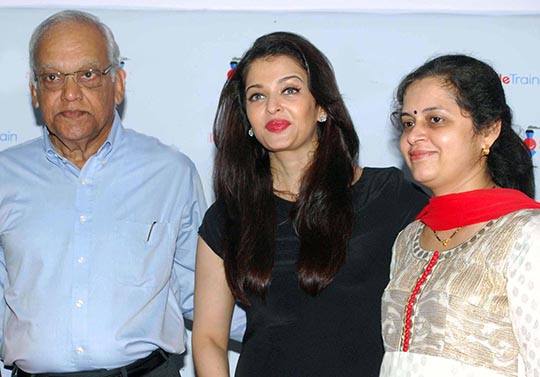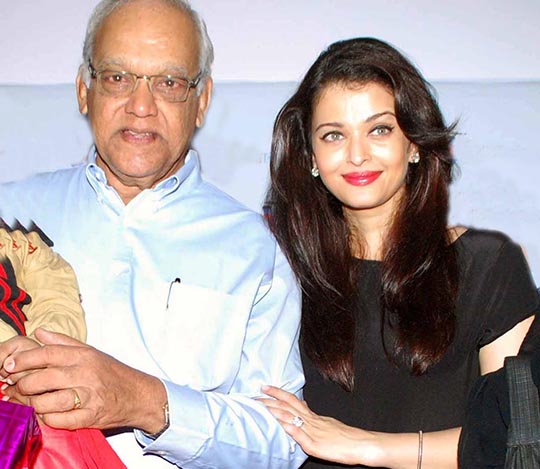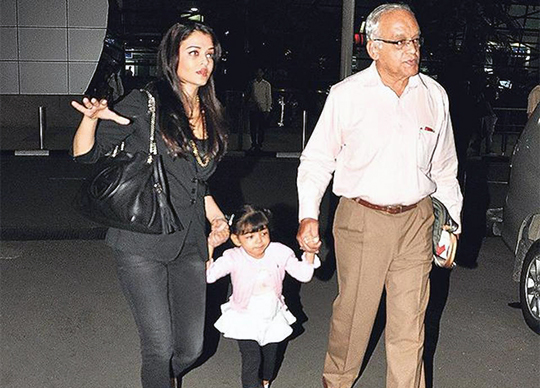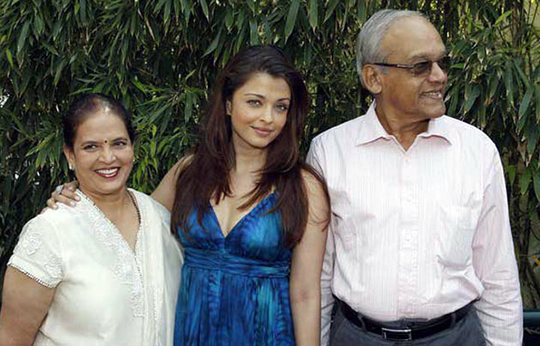Mumbai, Mar 18: Beauty queen turned actress Aishwarya Rai Bachchan’s father Krishnaraj Rai passed away on Saturday here after a prolonged illness.

Rai was in the hospital for more than two weeks, before being shifted to the ICU and put on a ventilator. He breathed his last at the Lilavati Hospital in Mumbai.
"Yes he (Krishnaraj Rai) has been in hospital for the nearly two weeks. Aishwarya is taking care of him despite her being alone as Abhishek was in New York for work. He just got back. Recently at Aaradhya's sports day, Aishwarya was seen cheering for the kids and her own daughter too. But simultaneously she was also keeping a tab on her dad's health," a source said.
Another person from the hospital had been quoted as saying, "Aishwarya Rai Bachchan has been there constantly and managing Aaradhya and her father in hospital. Abhishek Bachchan too is present in the hospital and is being with Aishwarya throughout."
Unlike every year, this time on Holi the entire Bachchan parivaar was under stress since Aishwarya Rai’s father’s health condition. Every year on Holi, there’s a grand celebration and the preparations of Holi begin a week before. But this time, the family obviously did not celebrate the festival keeping the stressful circumstances in mind.
Most of the family members of Aishwarya Rai are currently settled in Mumbai despite hailing from Mangaluru.











Comments
Add new comment